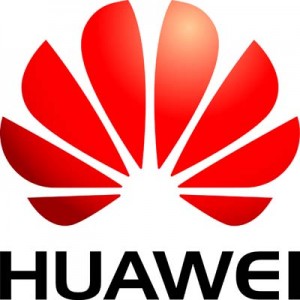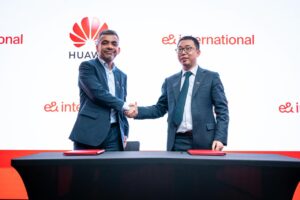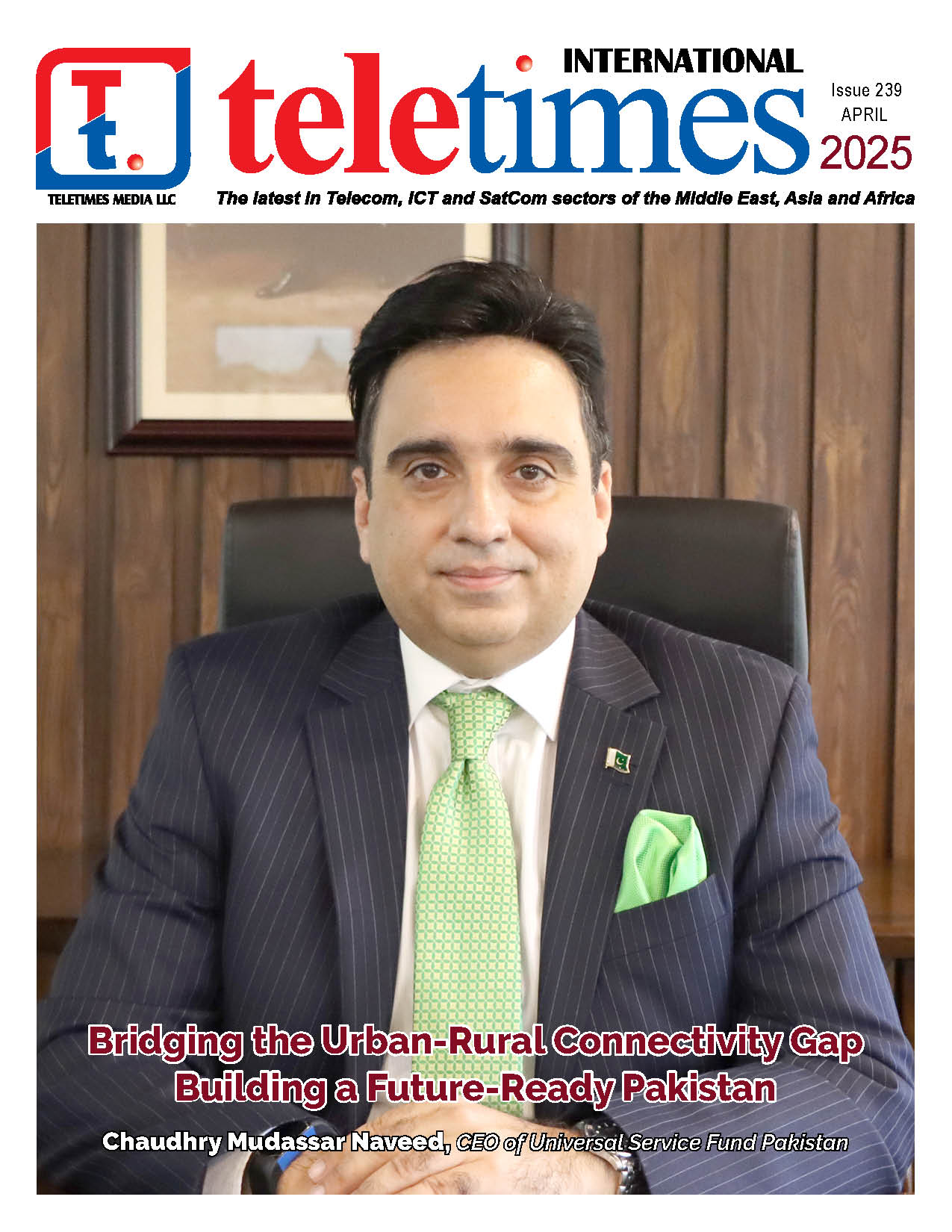 Huawei Technologies Ltd. has issued a report on cybersecurity that includes a pledge never to cooperate with spying in a fresh effort to allay concerns in the United States and elsewhere that threaten to hamper its expansion.
Huawei Technologies Ltd. has issued a report on cybersecurity that includes a pledge never to cooperate with spying in a fresh effort to allay concerns in the United States and elsewhere that threaten to hamper its expansion.The report, written by a Huawei executive who is a former British official, calls for global efforts to create legal and technical security standards. It makes no recommendations for what standards to adopt but says current laws are inconsistent or fail to address important threats.
Huawei, founded by a former Chinese military engineer in 1987, has grown to become the world’s second-largest supplier of telecoms network gear after Sweden’s LM Ericsson. Suspicions that Huawei might be controlled by China’s Communist Party or military have slowed its expansion in the United States and it was barred from bidding to take part in an Australian broadband project.
The company denies it is a security threat.
“We have never damaged any nation or had the intent to steal any national intelligence, enterprise secrets or breach personal privacy and we will never support or tolerate such activities, nor will we support any entity from any country who may wish us to undertake an activity that would be deemed illegal in any country,” the report says.
The 25-page report was written by John Suffolk, a former British government chief information officer who became Huawei’s global cyber security officer last year.
A Huawei spokesman said the report was not intended as a direct response to security concerns about the company in the United States, Australia and elsewhere.
“You could say that the information in the paper could be helpful in those countries where we’ve had challenges,” said the spokesman, Scott Sykes. “It’s not a specific response to those situations, but does it apply to those? Yes.”
Huawei founder Ren Zhengfei issued a similar appeal for security cooperation in June in a rare public appearance at a Russian business conference. Ren made no mention of suspicions about Huawei but called on the global industry to “join hands” and warned security threats would continue to grow.
Huawei, based in Shenzhen, near Hong Kong, says its equipment is used by 45 of the world’s 50 biggest phone companies. It has more than 110,000 employees and reported profit of 11.6 billion yuan ($1.8 billion) last year on sales of 209.9 billion yuan ($32.4 billion).
The company has tried to reassure foreign officials with steps that include setting up a testing center in Britain where government technicians can examine its equipment. But it has released few details about who controls Huawei, which has fueled suspicions abroad.
The company said it is working on security issues with groups such as the International Telecommunication Union; 3GPP, a global mobile standards body, and FIRST, a computer security group.
Huawei was barred from bidding to work on a planned Australian high-speed Internet network due to concerns about cyberattacks traced to China. The company had to unwind its purchase of a U.S. computer company, 3Leaf Systems, last year after it failed to win approval from a government security panel.
A U.S. congressional panel has said it will investigate whether allowing Huawei, rival ZTE Corp. and other Chinese makers of telecoms gear to expand in the United States might aid spying by Beijing.
Asked whether the Chinese government had asked Huawei to help spy abroad, Sykes said, “No, we deny that.”
This week’s report rejects as “inherently discriminatory” what it said is the notion that some technology suppliers can be trusted more than others based on their national origin. It noted that suppliers such as Ericsson and Alcatel-Lucent have extensive operations in China that serve foreign customers.
Huawei has long supplied mobile handsets to global phone carriers and is trying to develop its own a consumer brand, competing with Apple Inc. and Samsung Electronics Co. by marketing smart phones and other products under its own name.
This week, U.S. retailer RadioShack Corp. announced it will sell two Huawei phones as part of a new wireless venture.











